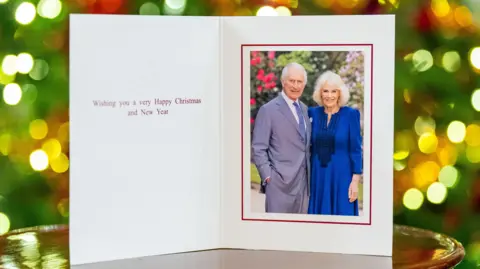Is a Putin Ally in Eastern Europe Making a Cautious Overture to the West?
The president of Belarus keeps arresting political opponents, but analysts wonder if a string of unusual pardons is a bid to get sanctions eased.
5 min read
Slovak Leader Visits Putin, Breaking With E.U.’s Policy of Isolation





